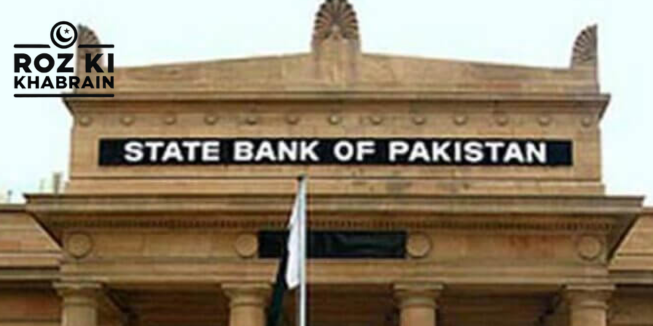LAHORE:
The Federal Board of Revenue’s (FBR) push to bring the retail sector into the tax net is facing resistance, with a significant portion of retailers still unwilling to register.
The reluctance stems from concerns over the FBR’s approach. Many retailers feel that they are being advised by those already registered to stay off the FBR’s radar, as they fear increased burdens and unnecessary demands from officials.
“We are not opposed to paying taxes, but the system is too complex for small businesses like ours. We struggle just to support our families, let alone handle extra tax obligations,” said Khalid Mehmood, a shopkeeper in Lahore.
A large number of retailers view tax authorities as a burden, and many are unaware of the registration process or its potential benefits. Some argue that the current economic situation, marked by high inflation, makes it difficult for people to afford anything beyond basic necessities.
Despite the government’s insistence on registering unregistered retailers, the FBR’s engagement with key retail associations to encourage participation in the Tajir Dost Scheme has so far yielded limited results.
The retail sector, which is vital to Pakistan’s economy, contributes approximately 18% to the GDP and provides jobs to over 16% of the labor force. The sector is valued at around Rs20 trillion annually, with an estimated 3.7 million retailers operating nationwide. However, only 10-15% of these retailers are registered with the FBR, leaving 85-90% outside the formal tax system.
“This is a large segment that, if brought into the tax net, could significantly improve the country’s economy,” an FBR official stated. However, the official acknowledged that the concerns of retailers are valid and stressed that the FBR is working to address its weaknesses.
On the other hand, tax-compliant retailers are frustrated by unfair competition, high taxes, and a lack of incentives. “We diligently contribute to the national exchequer, but the government must level the playing field,” said Ali Asher, a retailer in Karachi. “Unregistered retailers can undercut us because they operate outside the tax net.”
Asher emphasized that there’s a noticeable difference between registered and unregistered retailers, as the former face the challenges of complying with tax regulations, while the latter often perceive no benefits from registration.
For the retail sector to reach its full potential, a balanced approach is necessary, Asher said. “The government must simplify the registration process, reduce compliance costs, and offer clear benefits to registered retailers. At the same time, it must implement stricter measures to combat tax evasion and bring the informal sector into the fold.”
Without a shift in the FBR’s approach, Asher warned, expanding the tax base will remain a difficult task.




